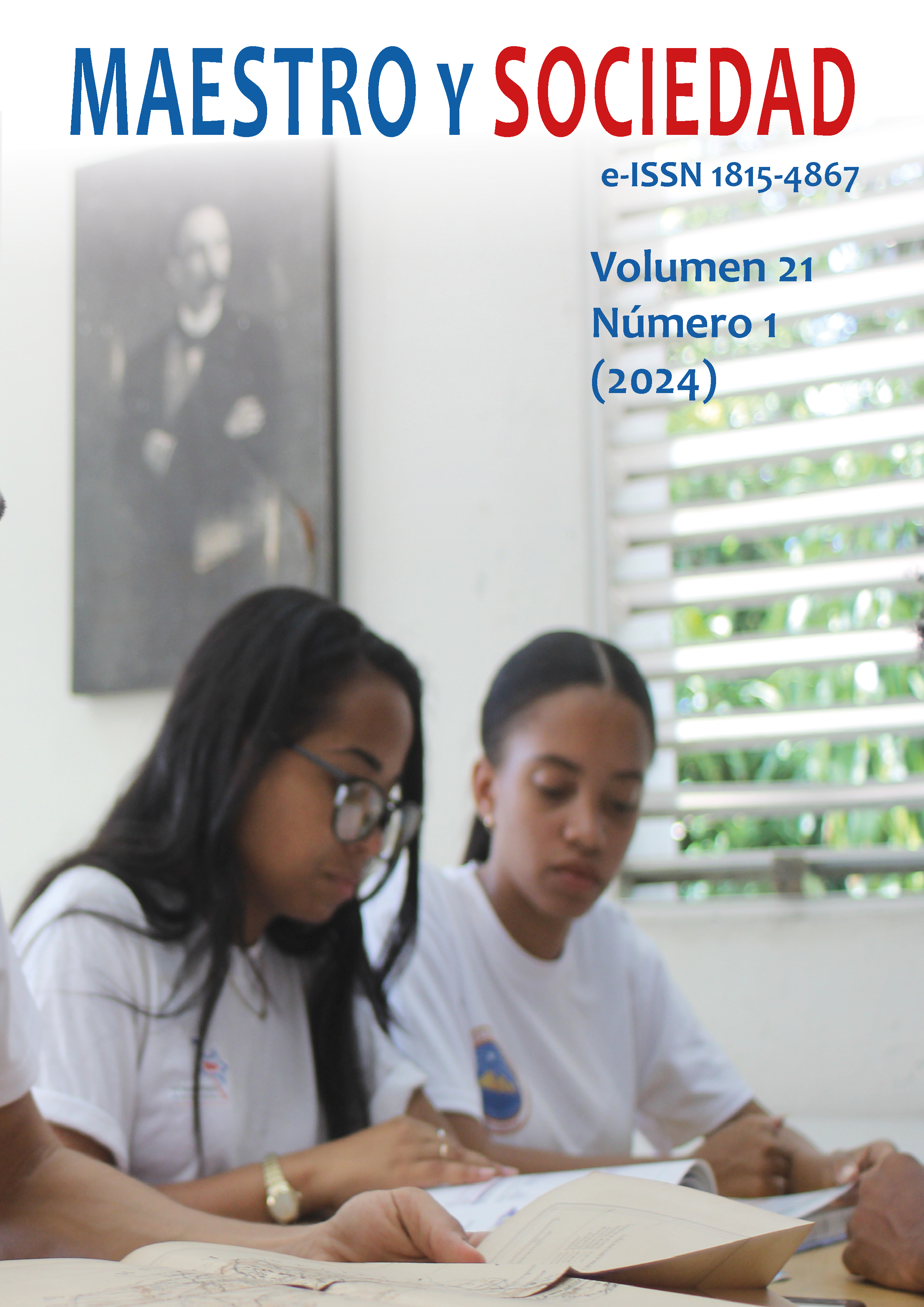Análisis comparativo de competencias de liderazgo y su impacto en la gestión de recursos humanos en las regiones de Huánuco, San Martín y Ucayali
Palavras-chave:
habilidades directivas; habilidades de éxito; organizaciones; directivos; Selva altaResumo
Introducción: El objetivo de la investigación fue determinar las habilidades directivas que caracterizan a las organizaciones de Huánuco, San Martín, Ucayali y coinciden con el perfil óptimo del directivo, y las habilidades clave en los recursos humanos. Materiales y métodos: Se utilizó el cuestionario de evaluación de habilidades directivas (CHD); a una muestra de profesionales ligados a las ciencias empresariales; (n=300) que laboran en micros, pequeñas y medianas empresas en la Selva alta. Resultados: Es importante la combinación de habilidades de comunicación efectiva, toma de decisiones estratégicas, delegación de responsabilidades, motivación y guía de los empleados, resolución de conflictos y gestión del cambio que ayudan al líder a guiar a su equipo de trabajo logrando el éxito en la organización. Discusión: La resolución de conflictos y la gestión del cambio son también habilidades directivas cruciales. Los líderes deben ser capaces de manejar situaciones difíciles y conflictivas, resolver disputas entre empleados y tomar medidas para minimizar el impacto de los cambios en la organización. Conclusiones: Una combinación efectiva de habilidades como la comunicación clara, la toma de decisiones estratégicas, la delegación eficiente de responsabilidades, la motivación y orientación de los empleados, junto con la resolución de conflictos y la gestión del cambio, son cruciales para guiar a un equipo hacia el éxito.
Referências
Aburto Pineda, H. I., & Bonales Valencia, J. (2011). Habilidades directivas: Determinantes en el clima organizacional. Investigación y Ciencia, 19(51), 41-49.
Arroyo, T. R. (2012). Habilidades gerenciales: desarrollo de destrezas, competencias y actitud. Retrieved from Created from bibliocunsp on 2018-02-22 12:35:23.
Boyatzis, R. (1982). Liderazgo. En a. Furnham (ed.), psicología organizacional. Oxford university press.
Cetina, T., Ortega, I. & Aguilar, C. (2010). Habilidades Directivas desde la Percepción de los Subordinados: Un Enfoque Relacional para el Estudio del Liderazgo. Psicoperspectivas, 9(1),124137.http://www.scielo.cl/scielo.php?script=sci_arttext&pid=S0718-69242010000100007&lng=es&tlng=es.
Lombana, J., Cabeza, L., Castrillón, J., & Zapata, Á. (2014). Formación en competencias gerenciales. Una mirada desde los fundamentos filosóficos de la administración. Estudios Gerenciales, 30(132), 301-313. http://www.scielo.org.co/scielo.php?script=sci_arttext&pid=S0123-59232014000300011&lng=en&tlng=es
Mosley, D., Meggison, L. y García, R. (2005). Supervisión: la práctica del empowerment, desarrollo de equipos de trabajo y su motivación. Thompson.
Rivera, Y., y Morales, T. (2019). Caracterización de habilidades directivas en la Empresa Importadora-Exportadora Farmacuba. Comparación con el perfil óptimo del directivo cubano. Folletos Gerenciales, 23(3), 160–168.
Strauss, G. y Sayles, L. (1985). Personal: problemas humanos de la administración. Prentice Hall.
Tyler, T.R. (2006). Psychological perspectives on legitimacy and legitimation. Annual Review of Psychology, 57, 375-400.
Publicado
Como Citar
Edição
Seção
Licença
Copyright (c) 2024 Teodoro Huamán Camacho, Leonor Huamán Camacho

Este trabalho está licenciado sob uma licença Creative Commons Attribution-NonCommercial-NoDerivatives 4.0 International License.
Esta revista proporciona un acceso abierto inmediato a su contenido, basado en el principio de que ofrecer al público un acceso libre a las investigaciones ayuda a un mayor intercambio global de conocimiento. Cada autor es responsable del contenido de cada uno de sus artículos. Los artículos pueden ser inéditos o estar disponibles previamente en servidores de preprints reconocidos por la revista. Sin embargo, no se permite la duplicación de la publicación o traducción de un artículo ya publicado en otra revista o como capítulo de un libro.
This journal provides immediate open access to its content, based on the principle that providing the public with free access to research supports a greater global exchange of knowledge. Each author is responsible for the content of each of their articles. Articles may be previously unpublished or available on preprint servers recognized by the journal. However, duplication of publication or translation of an article already published in another journal or as a book chapter is not permitted.
Esta revista oferece acesso aberto imediato ao seu conteúdo, com base no princípio de que oferecer ao público acesso gratuito à pesquisa contribui para um maior intercâmbio global de conhecimento. Cada autor é responsável pelo conteúdo de cada um de seus artigos. Os artigos poderão ser inéditos ou estar previamente disponíveis em servidores de preprints reconhecidos pela revista. No entanto, não é permitida a duplicação de publicação ou tradução de artigo já publicado em outro periódico ou como capítulo de livro.



























 Universidad de Oriente
Universidad de Oriente 